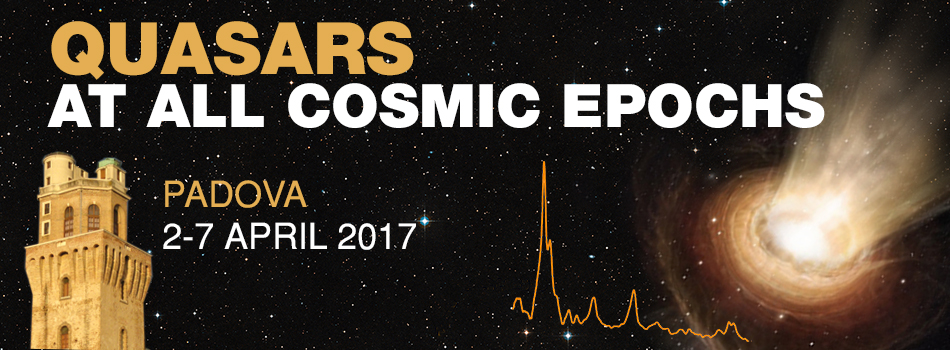Quasars have been discovered slightly more than 50 years ago. The times are ripe for a critical assessment of our present knowledge of quasars as accreting systems and of their evolution across cosmic time. The aim of this meeting is to review the main observational scenarios following an empirical approach, to present and discuss theories, and then to analyze how a closer connection between theory and observation can be achieved, identifying those aspects of our understanding that are still on a shaky terrain and are therefore uncertain knowledge. The meeting will cover topics ranging from the systematic organization of observational properties of quasars to accretion processes in the nearest environment of the quasars’ black holes, from feedback effects on host galaxies and environmental effects that are relevant for improving our still-lacunose understanding of galaxy evolution. The meeting will be held in downtown Padova, whose University and Observatory host one of the largest communities of professional astronomers in Europe, with a large school and a long tradition in teaching of physics and astronomy. The meeting will be part of the events meant to celebrate the 250th anniversary of the foundation of the Padova Observatory.
Key Topics
Day 1: Observational properties of quasars as luminous active galactic nuclei.
Day 2: Accretion processes on supermassive black holes.
Day 3: Contextualization and connection between theory and observation for the emitting region of quasars.
Day 4: Feedback and environment of active galaxies and quasars.
Day 5: Quasar evolution over cosmic time and quasars as cosmological tools.





